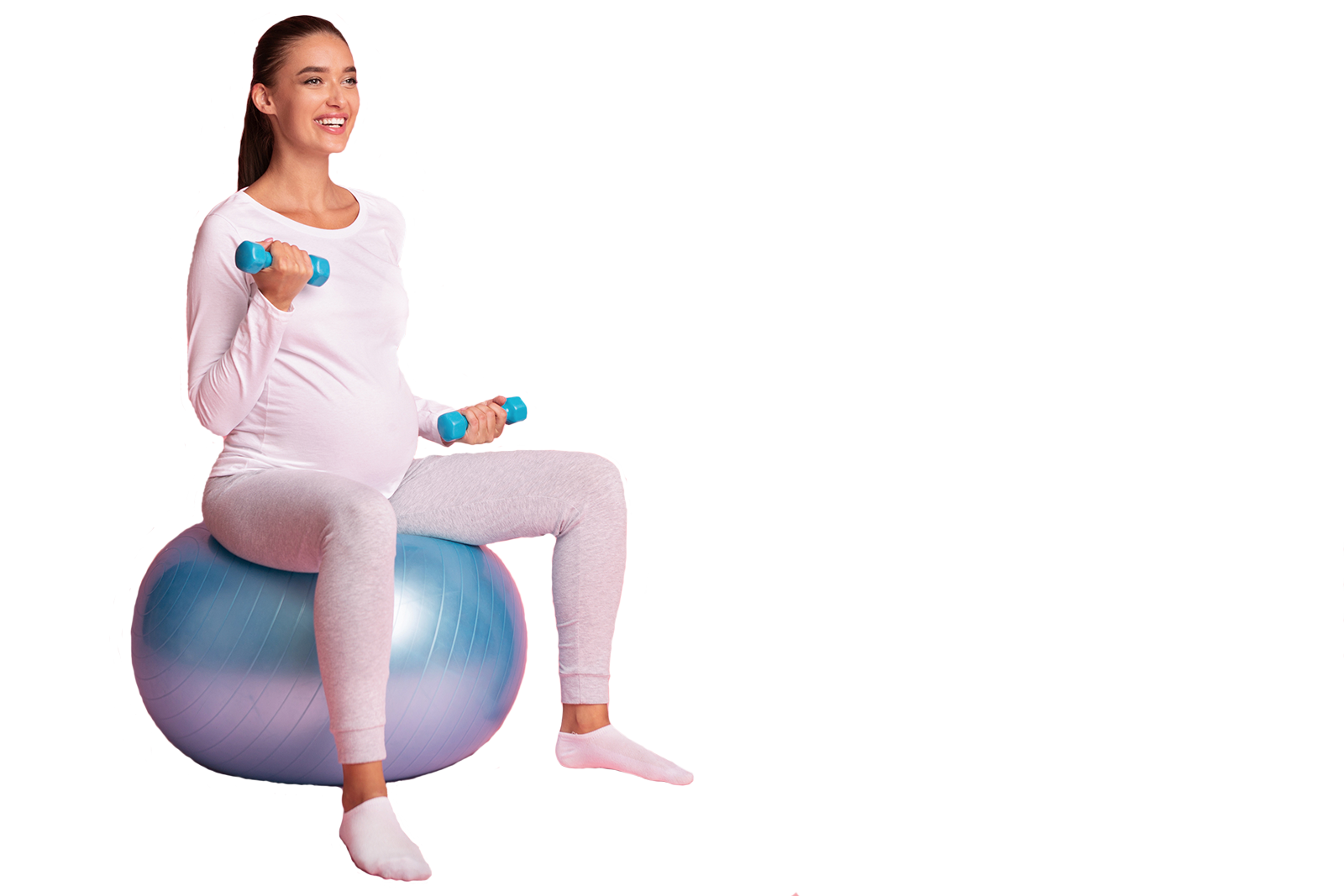Pregnancy is a time of excitement, anticipation and transformation. As you prepare to welcome your little one into the world, prioritizing your health and wellbeing becomes more important than ever.
From nutrition and diet, to physical activity and managing your emotional wellbeing, here are some tips from me – a mom of two – that’ll help maintain your health and wellness during pregnancy.
Conversations to have with your partner before having a baby
Nutrition and Diet
The baby that’ll be growing in your belly gets all the nutrients it needs directly from you, so it’s easy for women to become deficient in important vitamins and minerals while pregnant.
Take prenatal supplements as soon as possible. These supplements will give you extra folic acid, iron, calcium and other vitamins and minerals to keep you healthy during pregnancy. You can even begin taking these before you become pregnant, as you try to conceive.
Throughout pregnancy, you may experience nausea, cravings, and food aversions, so sometimes our changing taste buds means we can’t eat as well-balanced of a diet as we would like. Prenatal vitamins will help round out your nutritional needs.
Exercise and Physical Activity
Staying active during pregnancy is often recommended for a multitude of reasons. When incorporating new physical activity into your routine checking in with your healthcare provider is always a good idea to ensure you’re accommodating the changes your body is undergoing. If you are used to being physically active, keep up your routines with adaptations for your physical capabilities and safety.
For example, instead of biking on the road, you could use a stationary bike. Instead of hot yoga (the temperature being a concern during pregnancy), switch to a prenatal yoga class. Swimming is also recommended as an activity for pregnant women as it is a low-impact form of exercise. The buoyancy of the water lets you enjoy a feeling of weightlessness, which can offer relief from pregnancy discomfort.
Personally, I loved the prenatal yoga classes I went to during pregnancy. The instructor was very much in tune with the aches and discomforts of being pregnant and knew exactly what stretches would help release tension.
Short on time? A quick Google search will show that there are many (free!) prenatal workout classes you can follow online, which take into account adaptations for pregnancy.
Sleep and Rest
Hormone changes, like an increase in progesterone, will make you feel tired and fatigued during pregnancy. That being said, it’s important to get enough sleep, rest well, and take breaks when you can, knowing that you’re going through a physically challenging time for your body.
As your belly grows, it can be challenging to find a comfortable sleep position. Invest in a good mattress and pillows that provide support. Many pregnant women find that a pregnancy pillow helps them sleep more comfortably by supporting their belly and back.
Prenatal Care and Check-ups
Depending on where you live, your prenatal healthcare provider could be a midwife, family physician, or an OB/Gyn. Your healthcare provider will tell you about standard screenings, options, and procedures throughout pregnancy. Common tests, scans and checks pregnant women might opt for include an ultrasound to determine due date and placental structures, genetic screening, medical tests for conditions like gestational diabetes, and conversations on preparing for labour and delivery.
As a patient you have the right to ask questions about your health. I learned about the “BRAIN” acronym during my medical appointments – which analyzes the Benefits, Risks, Alternatives, Intuition, Nothing (what if you do nothing) – of every situation to help me make informed decisions about my health and my baby.
In addition to prenatal medical care, you can also consider a childbirth education class or workshop. The secondary benefit of this is you can meet other moms-to-be in your class who’ll have babies of a similar age, and begin building your community of mom friends.
Managing Emotional Well-being
Between your changing hormones and having feelings of stress and anxiety during this transitional phase, moms-to-be must remember to take care of their own emotional well-being.
This can mean keeping up with hobbies and interests you love, surrounding yourself with trusted friends and family, asking for help if you need it, or limiting contact with those who don’t share your values.
The anticipation of becoming a parent can stir up feelings from your own childhood or relationship with your parents, whether positive or negative. If you feel like there are things on your mind that need to be addressed prior to giving birth, you can always rely on professional counselling to help you prepare for motherhood.
Pregnancy is a time of transformation and change. Take care of yourself! For more helpful resources on pregnancy, see our blog post:
Essential Tips for Expecting Parents

Since 2008, Vanessa has kept her readers and followers ‘in the know’ on local happenings, facilitating for the discovery and support of brands, businesses, and experiences available in Vancouver and beyond. Now as a new mom, she shares her journey of motherhood, inspiring modern women and their families to think... "Hey if she can do it, I can too!"



